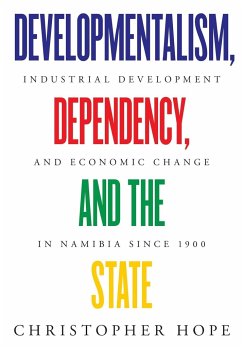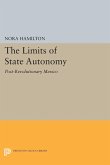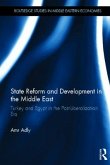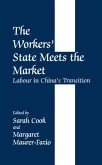Why does Namibia's economy look the way it does today? Was the reliance on raw materials for exports and on the service sector for employment an inevitability? And for what reasons has the manufacturing sector - the vehicle for economic development for many now-high income countries throughout the 19th and 20th centuries - seen its growth held back? With these questions in mind, this book offers an extensive analysis of industrial development and economic change in Namibia since 1900, exploring their causes, trajectory, vicissitudes, context, and politics. Its focus is particularly on the motivations behind the economic decisions of the state, arguing that power relations - both internationally and domestically - have held firm a status quo that has resisted efforts towards profound economic change. This work is the first in-depth economic study covering both the colonial and independence eras of Namibia's history and provides the first history of the country's manufacturing sector.
Hinweis: Dieser Artikel kann nur an eine deutsche Lieferadresse ausgeliefert werden.
Hinweis: Dieser Artikel kann nur an eine deutsche Lieferadresse ausgeliefert werden.








